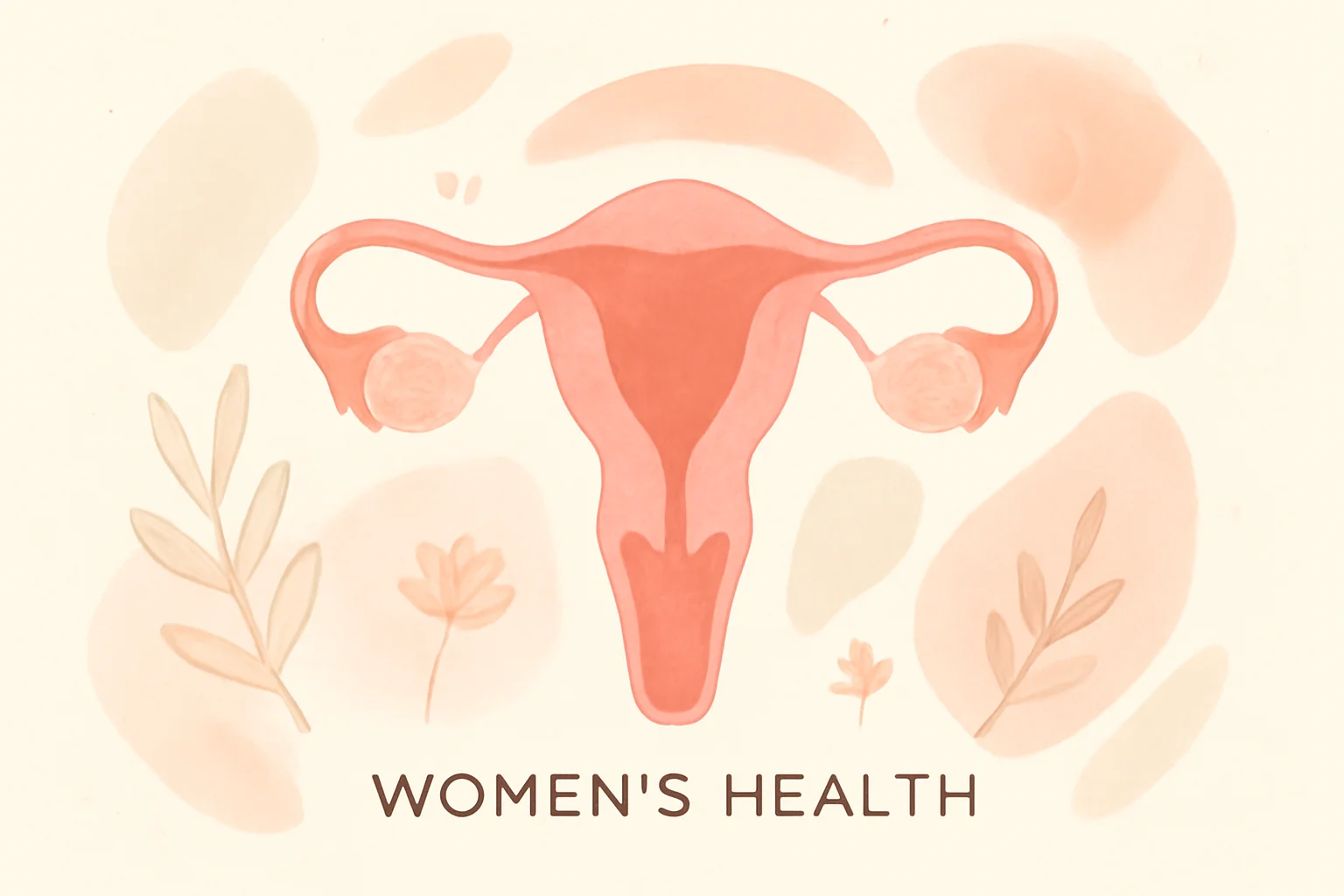
The Health of Female Organs: Information and Tips for Everyday Life
A female reproductive organs form a complex system responsible not only for reproduction but also for hormonal balance and other aspects of women’s health. These organs are closely interconnected, and any deviation or problem can affect various functions of the female body. At the center of the female reproductive system are the ovaries, uterus, and vagina, which work together during the menstrual cycle, pregnancy, and breastfeeding.
Hormones such as estrogen and progesterone also play a significant role in the functioning of female organs. These hormones influence the development of the female body, sexual functions, and reproductive processes. Therefore, the health of the female organs is important not only for reproduction but also for the overall state of the female body, mental well-being, and social life.
Understanding female organs is crucial not only from a medical perspective but also for women to monitor their own health. Regular medical check-ups and self-examinations can help in the early detection of various diseases and disorders. In the following sections, we will take a closer look at the main types of female organs, their functions, and the most important health issues that may arise in connection with the female reproductive system.
Ovaries and Their Role
The ovaries are key players in the female reproductive system as they are responsible for the production of female gametes, or eggs. There are two ovaries located on either side of the uterus. The ovaries not only produce eggs but also various hormones that are vital for the menstrual cycle and pregnancy.
The hormone production of the ovaries is closely linked to the menstrual cycle. In the first half of the cycle, the ovaries produce estrogen, which promotes the maturation of the egg and prepares the uterine lining for a potential pregnancy. In the second half of the cycle, if the egg is fertilized, the level of progesterone rises, which helps maintain the pregnancy.
The health and function of the ovaries are extremely important for women’s health. Various disorders, such as ovarian cysts or ovarian cancer, can cause serious health problems. Women are advised to pay attention to their menstrual cycle and consult a doctor if they experience any unusual symptoms, such as pain or abnormal bleeding.
To maintain ovarian health, it is important to have a proper diet, engage in regular physical activity, and apply stress management techniques. Additionally, regular gynecological screenings are essential for maintaining the health of the female reproductive system.
The Structure and Function of the Uterus
The uterus is the central element of the female reproductive system, responsible for accommodating the fertilized egg and maintaining the pregnancy. The inner layer of the uterus, the endometrium, renews itself monthly during the menstrual cycle, and if pregnancy occurs, the walls of the uterus strengthen to support the developing fetus.
The uterus consists of three main parts: the fundus (the upper part of the uterus), the body, and the cervix. The cervix opens towards the vagina and plays an important role during childbirth, as it opens to allow the baby to be born.
The health of the uterus is also crucial for female reproductive functions. Various uterine disorders, such as fibroids or polyps, can cause pain and menstrual irregularities. To preserve uterine health, regular medical check-ups and screenings are essential.
Factors influencing uterine health include hormonal balance, nutrition, physical activity, and stress levels. It is important for women to pay attention to their bodies and consult their doctors in case of any unusual symptoms.
The Function and Health of the Vagina
The vagina, as part of the female reproductive system, also plays a significant role in reproduction. The vagina is a flexible tube that connects the uterus to the external genitalia. The function of the vagina is evident not only in sexual intercourse but also during menstruation and childbirth.
The inner walls of the vagina contain various glands that produce secretions, helping to maintain the vagina’s moisture and pH balance. The normal flora of the vagina, composed of beneficial bacteria, plays an important role in preventing infections.
To maintain vaginal health, proper hygiene and regular gynecological examinations are important. Unusual symptoms in the vagina, such as itching, burning sensations, or unusual discharge, can be warning signs that require medical evaluation.
Hormonal changes should also be taken into account regarding vaginal health, especially during the menstrual cycle. During menopause, hormonal changes can lead to vaginal dryness, which may cause discomfort. Various therapies and products are available to alleviate these problems and help maintain women’s health.
This article does not substitute for medical advice. For any health issues, please consult your doctor.

